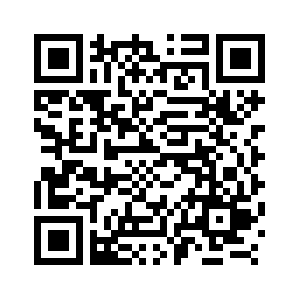BEIJING, Feb. 1 (Xinhua) -- A Chinese study has found a possible connection between high consumption of sugar-sweetened beverages and hair loss among young men.
Researchers from Tsinghua University analyzed the results of a survey of 1,028 Chinese men with an average age of 27.8. About 57.6 percent of the participants had MPHL, or male pattern hair loss.
MPHL is the most common form of hair loss in men, representing about 95 percent of all hair loss experienced by men. Hair loss results in the thinning and/or loss of hair at the front or top of the scalp. Hair tends to miniaturize or downsize in these areas.
The sugar-sweetened drinks included in the survey were juices, soft drinks, sports and energy drinks, sugary milks, nut milks, sugary teas and tea drinks, and coffee.
Among the participants, 44.6 percent said they drank sugar-sweetened drinks more than seven times a week. The researchers found that those with a higher consumption level of sugar-sweetened beverages also had a greater risk of male-patterned hair loss. The average weekly sugar-sweetened beverage intake was 4,293 milliliters in the MPHL group, much higher than the 2,513 milliliters recorded among the regular group.
The researchers said that higher amounts of sugar can lead to higher serum glucose concentrations, creating an overactive polyol pathway. This pathway is known as a place where glucose is converted to fructose. When the pathway is too active, it may lead to diabetes. The study states that hair loss symptoms suggest an "overactive polyol pathway."
The results have been published in the journal Nutrients.
Emphasizing that the consumption of sugar-sweetened beverages could have a potentially negative effect on one's appearance could catch the attention of the young population, the researchers said. Further long-term and intervention studies are needed to confirm the current association, and to provide information for health education. ■



